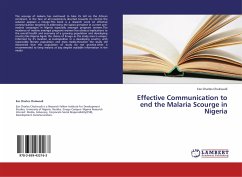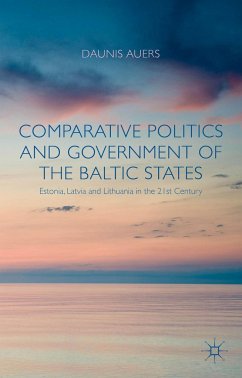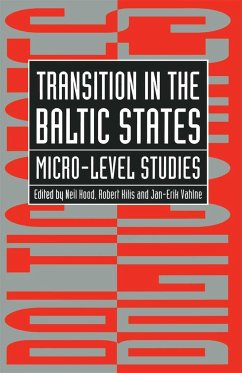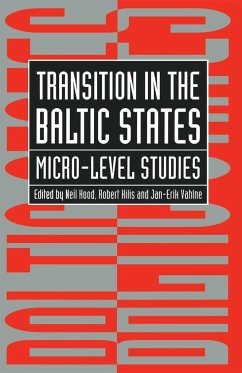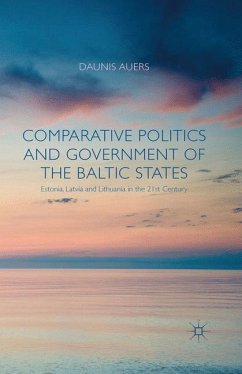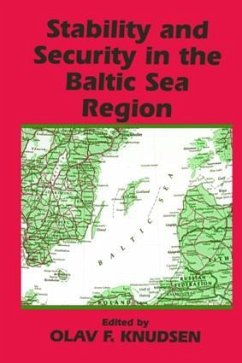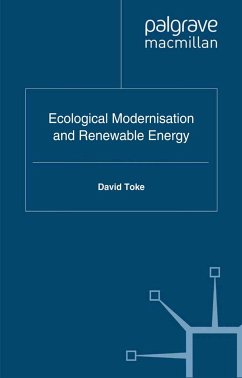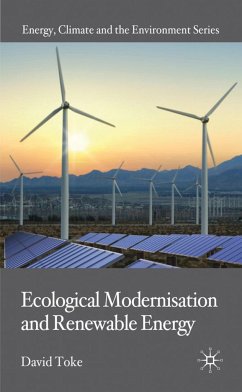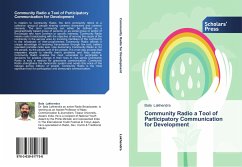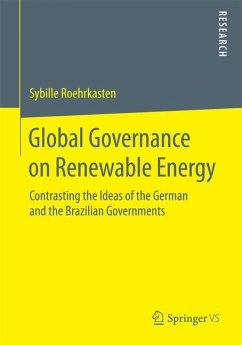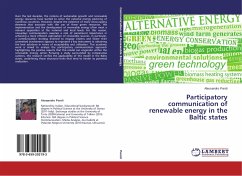
Participatory communication of renewable energy in the Baltic states
Versandkostenfrei!
Versandfertig in 6-10 Tagen
22,99 €
inkl. MwSt.

PAYBACK Punkte
11 °P sammeln!
Over the last decades, the notions of sustainable growth and renewable energy resources have started to enter the national energy planning of numerous countries. However, despite the existence of many encouraging elements that associate with the use of these green resources, the implementation and the development of renewable energy often meet a relevant opposition at the national and local levels. For this reason, nowadays communication assumes a role of paramount importance in achieving a more efficient valorisation of renewable sources. In particular, a communication strategy directed to en...
Over the last decades, the notions of sustainable growth and renewable energy resources have started to enter the national energy planning of numerous countries. However, despite the existence of many encouraging elements that associate with the use of these green resources, the implementation and the development of renewable energy often meet a relevant opposition at the national and local levels. For this reason, nowadays communication assumes a role of paramount importance in achieving a more efficient valorisation of renewable sources. In particular, a communication strategy directed to engage citizens and foster their committed involvement appears to represent a key instrument in obtaining the best solutions in terms of acceptability and utilisation. This academic work is aimed to analyse the participatory communication approach highlighting the positive aspects that this model can engender within the renewable energy sector. Pursuing a study surrounded by comparative outlines, this research verifies the applicability of this model in the Baltic states, underlining those structural traits that tend to hinder its potential realization.



